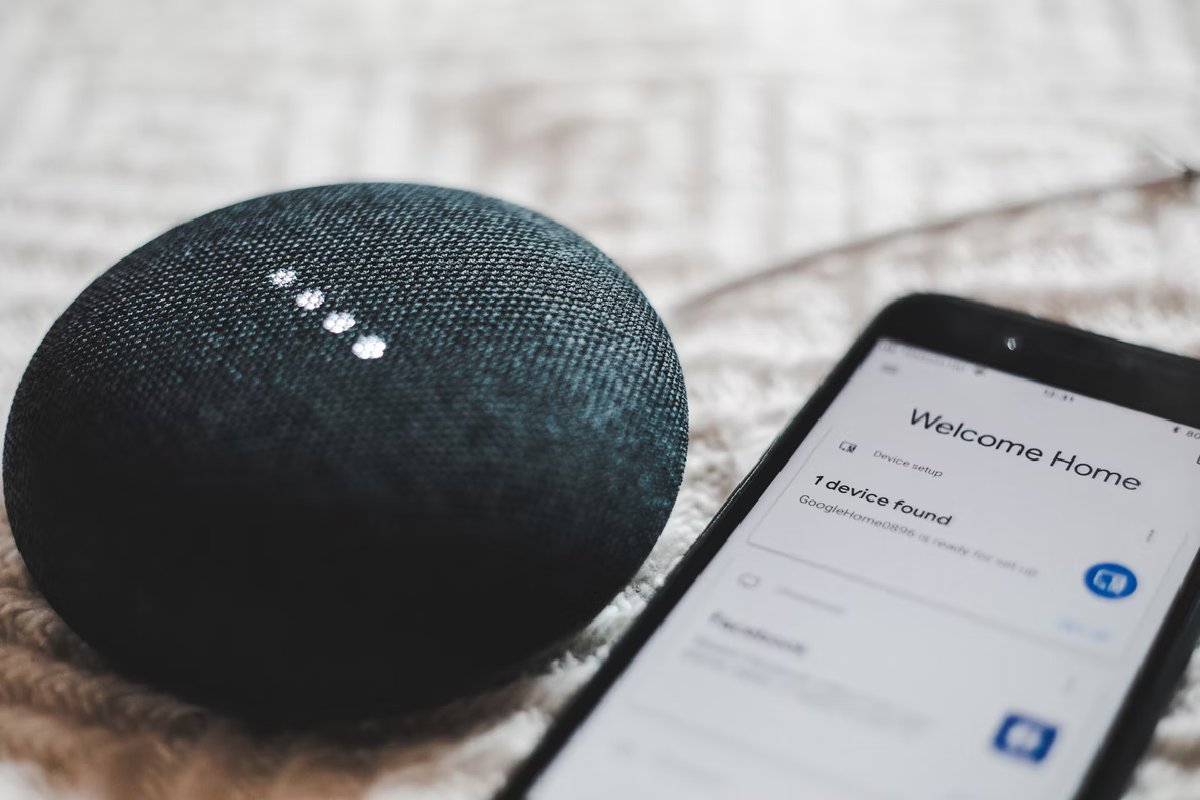We sometimes hear that necessity is the mother of invention, and that technology trends will often follow necessity. Well, the pandemic has shown that home tech trends are following the need to adapt to the pandemic.
Whereas home smart tech was initially the purview of the rich only, it is now becoming ubiquitous and found in all socio-economic spheres of society. The pandemic has shown that new smart home tech tends have been geared towards helping to cope with pandemic conditions such as lockdowns.
HealthTECH Resources specializes in staffing for Provider and Payer software solutions. We focus on improving & implementing performance management
Table of Contents
Touchless technologies
Though this type of technology is nothing new – it started to become popular way before 2020 – the pandemic has meant that touchless tech has accelerated during the pandemic with many people looking for alternative ways of doing things without having to physically touch something and therefore increase the risk of virus transmission.
Touchless sanitizers and taps, for example, can now be found in many modern food and retail settings. Although these aren’t yet smart enabled, they will likely move in that direction.
Touchless doorbells are becoming more popular. These allow guests to announce their arrival but without having to touch a surface that others will have to, reducing the likelihood of virus transmission.
Finally, most smart tech devices can be accessed and controlled via a smart phone app, which means less touching and a lowered risk of transmission.
Smart health tech
A lot of smart home tech has started to appeared on new build properties over the last few years, emphasising health benefits. Smart thermostats are a technology that has grown in huge popularity in recent years, not least because of their energy and thus cost saving potential. But now they are said to have integrated features that emphasise health, such as humidity sensors to improve air quality.
Smart tech that also helps improve and maintain indoor air quality includes smart air purifiers and smart air conditioners. Indeed, the government and health authorities have placed a lot of emphasis on indoor ventilation and air quality to help reduce virus transmission, and these smart technologies go a long way towards helping achieve this.
Smart doorbells are starting to appear that can also take the visitor’s temperature while at the door, a basic COVID-19 indicator of health status. While in previous years, such a tech may have been considered rude or intrusive, it is now becoming more accepted as part of the times we are living in.
Smart water filtration systems are becoming popular as more people are seeking ways to improve home water quality. It’s all part of maintaining optimum health at a time when health status is on everyone’s mind.
Smart toilets, too, are making an entrance into the smart home tech sphere. You’ve probably heard on the news that public wastewater and sewage are being monitored for virus transmission among the public. Well, smart toilets offer homeowners a smart tech opportunity to monitor the health status of home occupants to give early warning signals of any potential health issues. If anything shows up, it will give the user of this smart technology the chance to get an early diagnosis and treatment from a medical doctor.
Home exercising smart tech
The pandemic has resulted in sports facilities like gyms and leisure centres being closed, restricting the public’s access to health-promoting exercises, both physically and mentally. Consequently, more and more people have sought a home exercise system since they have had to spend more time at home than ever before. Smart workout technology such as smart bikes or treadmills has become popular, enabling users to get exercise while also working as a group. This smart technology allows the user to not only get healthy exercise, but it also enables them to feel part of a community, even if only virtually.
Home office smart tech
With more people having to work from home in the last few years, home office smart tech has grown in popularity and, indeed, necessity. Remote working is not seen by many companies as a temporary phenomenon, but as a long-term working practise to be integrated into the new working paradigm.
Smart home office tech includes useful things like AI filters to hide the background when on video calls. Have you not cleaned up the mess in the last few days? No problem, have a work-related theme sitting behind you or, for the more humorous, a nice sandy beach in the Bahamas! Noise-cancelling windows are another smart home technology that can help drown out the busy traffic just yards away while you are trying to conduct that all-important business call.
For a better home working experience, high-speed internet connection via mesh Wi-Fi is a promising technology. Slow internet connections or “dead zones” can cause all sorts of homework issues, but a mesh Wi-Fi system connects the main router directly to the well. This will mean that all the home smart devices, which are growing in number by the day, will have much better interconnectivity and speed. Furthermore, with the advent of the 5G roll-out, home-office working will be greatly enhanced.
Smart home tech summary
The pandemic has accelerated the adoption of smart home technology that is particularly useful for coping with the changing demands. From touchless technologies to innovations in smart home office working, smart home tech trends indicate a paradigm shift into a new way of thinking about work, rest, and recreation. It is likely that even advanced high-tech will become more common in the home setting, such as virtual reality (VR) for family gatherings during travel restrictions and lockdowns.

